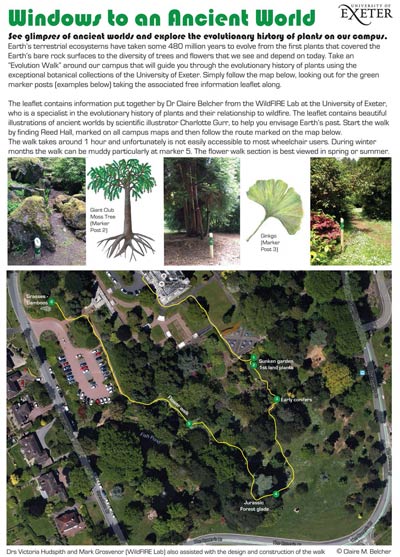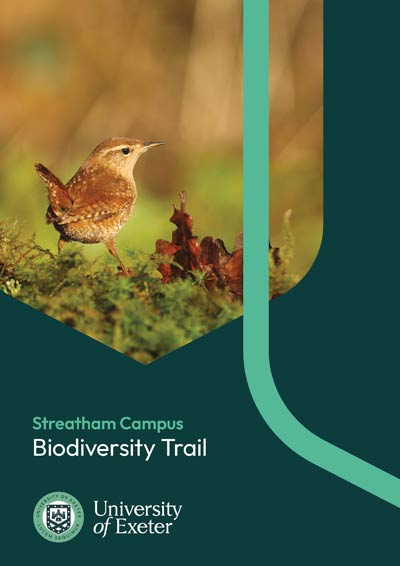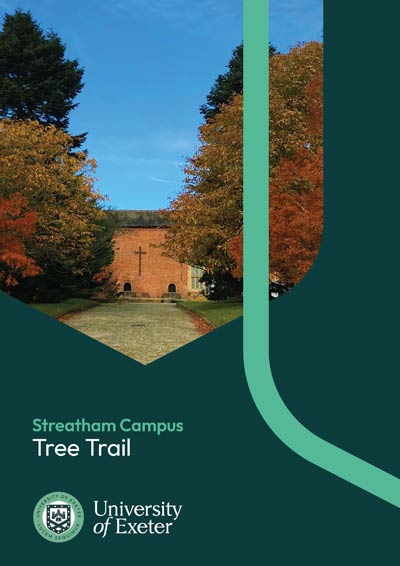SDG education and outreach for the wider community
The United Nations Sustainable Development Goals (SDGs) are a set of 17 goals which provide a shared blueprint for sustainable development and a sustainable future, which set out targets to end poverty, protect the planet, and achieve prosperity for all by 2030.
At the University of Exeter, we’re committed using the power of our education and research to create a greener, healthier and fairer future for all. Our strategic vision ensures the SDGs are embedded in everything we do to make an impact in the world.
The University has dedicated outreach, educational activities for the wider community.




Providing access to free resources, training and education to all
Learn Exeter
Learn.Exeter is the University of Exeter’s externally facing learning environment hosting non-credit bearing courses available to those who do not have an Exeter IT account.
LearnExeter hosts a number of MOOCs (massive open online course) relating to sustainability and the United Nations Sustainable Development Goals, with the below courses free and available to staff, students and the public.
Access Learn.Exeter as a guest to browse courses and create an account if you wish to enrol on the course.
From time to time, course availability may change or new courses may be added, please go to LearnExeter for the most up to date information.
Free courses for all
Learn about the science of climate change, the risks it poses, and how human activity is changing our world. 4 Week Course.
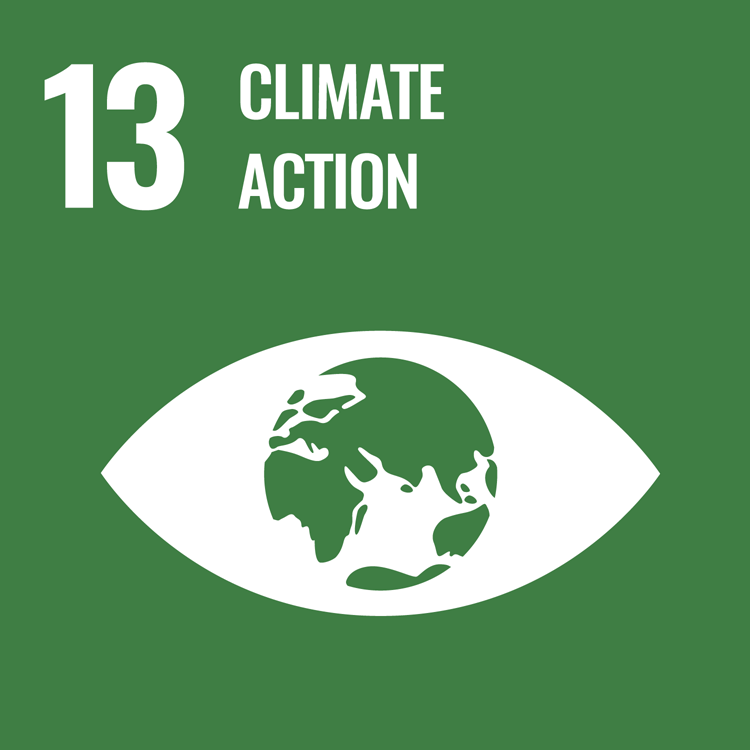
Find out what sustainability means for food and explore the challenges of our journey towards a more sustainable food future.
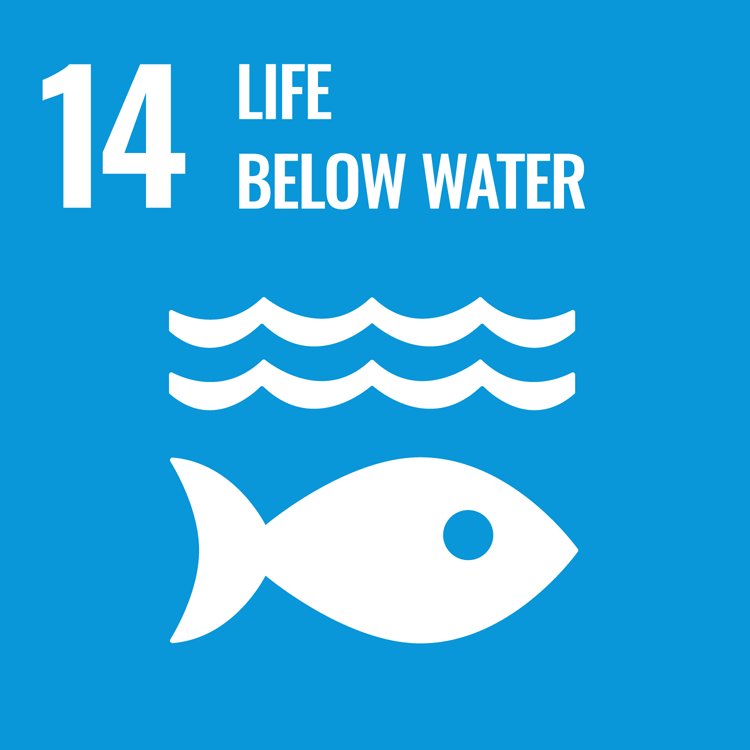
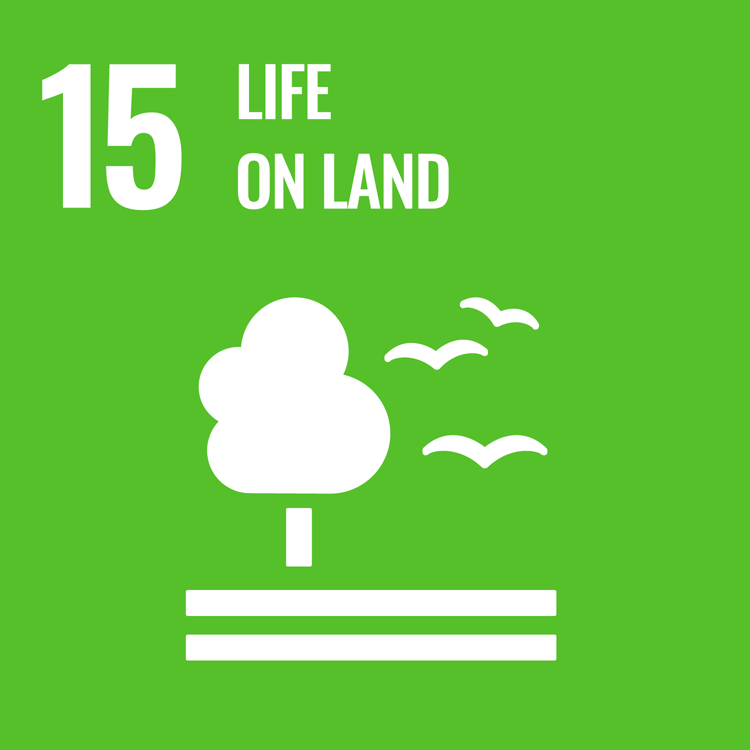
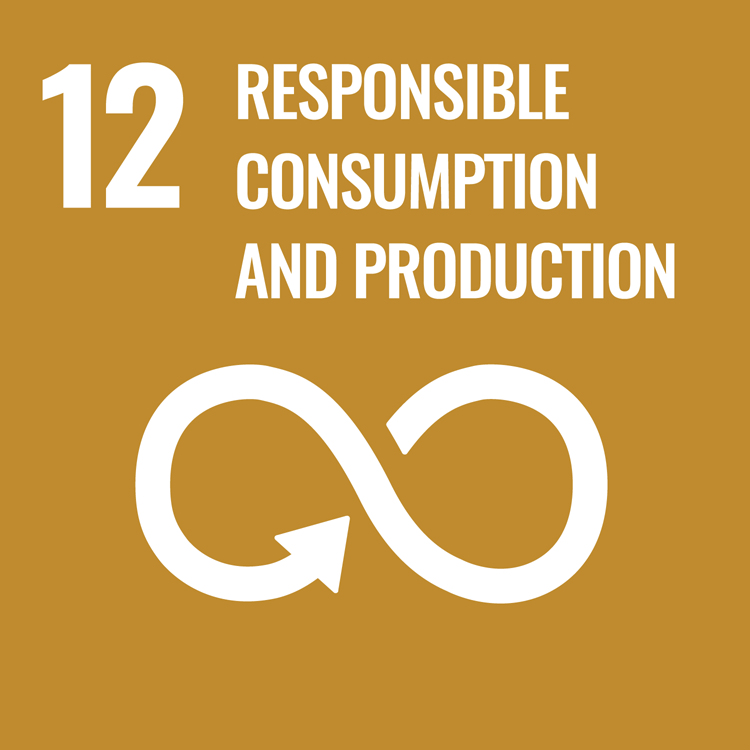

This 4-week course will introduce the ecosystems that currently exist in the Arctic and how climate change is likely to affect them. We will explain what ecosystems are there now, why they are important and how they may change in the future. A particular case study will be focused on peatland ecosystems and their carbon storage.


Given the current climate emergency, it’s increasingly important that we have a good understanding of Earth’s life support systems. We rely on these systems for fresh air, clean water, fertile soil, rich biodiversity, and a stable climate.
On this 4-week course, you’ll explore the natural systems we can’t see or feel, from microscopic creatures to gases. You’ll discover how all life is shaped by and shapes these invisible worlds, exploring the impact humans have on our natural systems.

Explore the potential solutions to climate change and how they relate to the UN's sustainable development goals.
Man-made climate change is one of the biggest threats to the world. The effects are already being seen through receding glaciers, ocean acidification and an increasingly vulnerable food supply. It’s vital we work to find solutions to climate change.
On this course you will explore solutions to this global challenge, including mitigation, adaptation and geo-engineering, which can help avoid the most dangerous climate changes and increase the resilience of societies and ecosystems to climate changes that cannot be avoided.



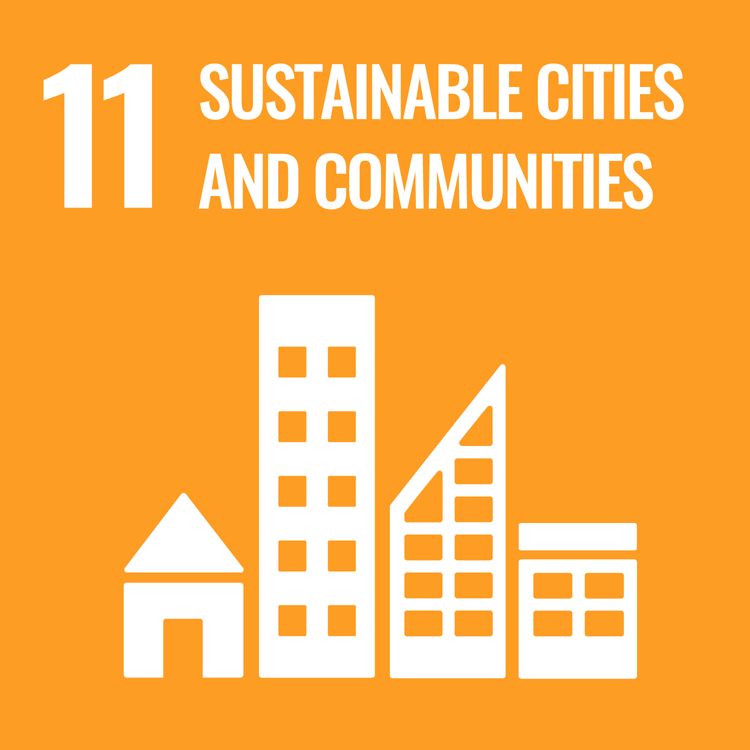
2 week course - Discover how rapid changes to natural systems may make Earth look very different in the future.

Discover the many ways that we benefit from the natural world through ecosystem services.


Learn how translational research in genomics can deliver health, social, and scientific benefits to communities.

Free Courses for Health Professionals

- Optimising Exercise Prescription for Low Back Pain
- PDSAFE: Physiotherapy and Fall Prevention in Parkinson’s
- Helping Patients Recover from breast cancer treatment
- Improving Outcomes for Older People with Neurogenic Claudication
- Cognitive Behavioural Skills to Treat Back Pain
- Rheumatoid Arthritis: Hand and Arm Exercises
- The GRASP Best Practice Advice and Exercise Programme for Shoulder Pain
Convex Seascape Survey Education Hub


FREE Live Lessons, Resources, Interactive Diagrams and activities available to all.
The University of Exeter leads the science for the Convex Seascape Survey. At its core, the Convex Seascape Survey is an international project designed to understand and examine the role of coastal seas in climate change mitigation. It explores and quantifies carbon locked in seafloor mud, assesses the role played by seafloor animals in carbon storage, and determines risk of carbon release from human activities.
The Convex Seascape Survey co-produce an educational outreach programme with partners Encounter Edu, Blue Marine Foundation, Unseen studios, and the artist Naomi Hart, with resources available to all online via the Education Hub.
Free access to up-to-date environmental information and resources
The Green Futures Network is a free way for any organisation – businesses, community groups, local government, charities – to access up-to-date environmental information, from cutting edge research to brand new resources, and contribute to collective approaches to the emerging climate and ecological emergencies and the changes they are bringing.
The University also provides financial assistance to start-up businesses (through TEVI) and support programmes to start-ups and SMEs (through SETsquared). The TEVI programme, which ran from 2018 to 2023, offered bespoke support to enterprises in Cornwall and Scilly through a network of specialists and grants for new ventures which deliver environmental growth and/or circular economy improvements. Phase 1 delivered £447k to 69 businesses, phase 2 targeted 36 smaller businesses, with an average grant award of £3,184, and the final year (phase 3) had £100k of funding available. More information on how local start-ups were supported can be found in the TEVI case studies documents.
Open spaces for the community to engage enjoy and learn


The University of Exeter campuses grounds are host to a vast variety of amphibians, birds, insects, mammals and reptiles, producing a diverse system of ecological niches, making this a fascinating place to study, work and visit. The trees on campus are estimated to store nearly 6,000 tonnes of carbon and to reduce water runoff by 9,245 m3. The open spaces are available for the community to visit and enjoy.
Our trail guides have been developed to help guide you around points of interest and explain how we manage our grounds sustainably and support wildlife, some of which you may wish to adopt in your own gardens.
Did you know? The University of Exeter took a pledge to become a Nature Positive University in 2022 and has now developed a Nature Positive Strategy. Actions include empowering staff, students and local communities to become more nature positive, creating opportunities to be involved in biodiversity monitoring and involved in nature-based events on campus.
The Exeter Community Garden, set up by the University and the Students’ Guild, is managed by volunteers of staff, students and members of the community to allow members to share skills and promotes mental wellbeing through social interaction.
Lower Hoopern Valley (LHV) is a steeply sided, 38-acre plot of land to the south of Streatham campus. The space is currently maintained by the University of Exeter’s Grounds team and our local community is welcome onto the site. The LHV has been identified as an area of opportunity for enhanced biodiversity, research activity and community engagement and education. Works are already underway on the site, including noticeboards which will have site maps and space for information to be added on seasonal wildlife interest and events.
Our new Biodiversity Sound Trail combines factual information about the nature and wildlife around Reed Hall with poetry written and recorded by students.
The trail focuses on trees and the life within them together with poems around the landscape in general.
University courses
As a world-leading university in the field of environmental sustainability and climate change, we provide the ideal learning environment for students who want to play their part in building a green future for all.
We have handpicked a selection of University Courses you can study with us, whilst being inspired and taught by top climate scientists in their fields. This includes undergraduate and postgraduate courses in the fields of energy, biodiversity, marine and environmental intelligence.


Widening Participation student support
We believe that all students should have equal and fair access to Higher Education. We also recognise that studying at university isn’t as straightforward for everyone, and depending on your financial, personal or ethnic background, you may face additional challenges in both accessing Higher Education and throughout your studies.
Our Widening Participation Student Support pages provide further information on Bursaries and Scholarships, including:
- The Sanctuary Scholarship enabling individuals seeking asylum and refuges who are not able to access student finance to study at the University of Exeter.
- Funding for care leavers
- Access to Exeter Bursary for low income households
Exeter Green Futures Scholarships support exceptional candidates from low and lower middle-income countries to pursue their academic and career goals - combining education for sustainable development with global citizenship to deliver equitable and sustainable Green Futures around the world.
Activities, Events and Networks
Past activities and events
Climate Wall Art Projection - 13 November – 1 December 2023
Installed across three campuses (Streatham, St Luke’s & Penryn) the Climate Wall represented a moment of reflection in the lead up to COP28 in Dubai, United Arab Emirates.
The interactive art installation allowed individuals to view facts about climate change and action being taken across the world, and post “live” reflections to represent a “moment in time” of how people think and feel about climate change.
Over 1,100 individuals interacted directly with the Climate Wall, including the local community, students and colleagues at the University, as well as attending events at our campuses in November 2023. The Climate Wall Data Visuals can be found here. Climate Wall Responses from students, staff and the community here. Although we encouraged freedom of expression some comments have been removed due to breaching the conditions for posting on the wall e.g. any obscenity or hate language. We are happy to say only a tiny minority were rejected. The engagement figures have risen since the report was written with now over 80,000 people viewing the film across social media channels.
- Create, Make & Mend -18 November 2024
- Sustainability Drop in - Cafe 23rd October 2024
- Forging Walk - 9 October 2024
- Mossy Carpet Workshop with the Arts and Energy Collective - March 2024
- Big Garden Birdwatch at Streatham & Penryn Campus - 25-27 January 2024
- Bumblebee Walk and Talk - 21 October 2023
- Bat and Wildlife Walk - 5 October 2023
- Wildlife Surveying - 16 August 2023
- Water and Climate Change: 10 Things You Should Know - 22 June 2023
- The crossroads of change for food, farming and the environment - 14 June 2023
- Sustainable and Just Food Transitions in Times of Uncertainty - Panel Event at the University of Exeter - 26 May 2023
- Your Energy Transition - A day dedicated to local people, households, community groups & businesses in our collective journey to a net zero future - 26 January 2023
- The University of Exeter hosted the British Science Festival from 7-10 September 2023. More than 70 free events took place during the festival, including interactive activities, talks and workshops, many in partnership with local and regional partners and community groups. The Festival showcased the University's research and innovation, including in the fields of climate science and the environment, and brought together people of all ages and backgrounds, including people and communities who are currently underrepresented in science.
Upcoming events
One of the ways we communicate, educate and build communities committed to tackling the environment and climate emergency is through events.
Find details and registration details for our wide range of events for all ages and interests.
Networks
Sport and keeping active

Physical activity is an essential part of a healthy lifestyle. Linked to other positive lifestyle choices, it promotes good physical health and contributes to people’s emotional and social wellbeing.
Many of our Sports Facilities are available to the public, including gym membership, court hire, children’s programmes, coaching and swimming.
We are also a key partner to the 5km Exeter Riverside Parkrun, there is no fee to take part as the event is all about participation and is volunteer lead.
University in the Community
Exeter University is a proud partner of The Exeter Sustainability Awards, an awards scheme that recognises all the amazing people, businesses and organisations that are making a difference to sustainability in our city. Award categories include the Green Ideas Youth Award, Sustainability Hero, Community Groups and awards for micro, small and medium/large businesses.
The Community Partnership Hub connects public, voluntary, community and social enterprise (VCSE) sector organisations with researchers and students at the University of Exeter. Our aim is to help establish long-term, sustainable relationships which support partnering through research projects, student placements and internships, or volunteering.
The Community Partnership Hub aims to support three strategic goals outlined in the University’s Strategy 2030, including ‘Lead meaningful action against the climate and ecological crisis’.
The Civic University Agreement Exeter (CUA)recognises that the University is fundamentally linked to the place and people of Exeter.
The Exeter Community Panel, comprising of local residents providing a community perspective, is helping us to embed the broader community voice in the University’s CUA activities.
Visit our Civic University pages too find out more or to get involved.
Further information
The University of Exeter signed the Sustainable Development Goals Accord in 2019, committing to report on the SDGs on an annual basis and beginning the process of embedding the SDGs in the curriculum, research and wider activities at the University. In addition, we also participate in the annual SDG Teach In.
Interested in learning more about what we are doing at Exeter?
Browse our latest news about how we are meeting the challenges posed by the climate and environment emergency
See our Annual Report
Find out about University progress towards our goals
